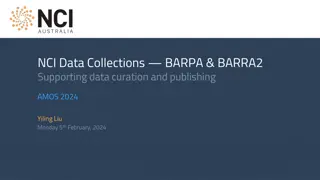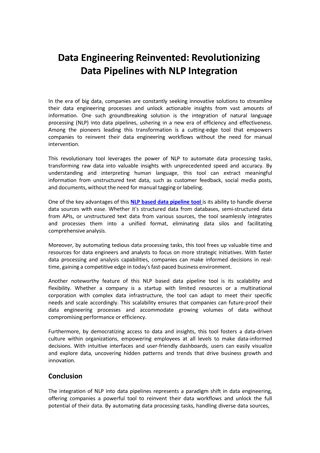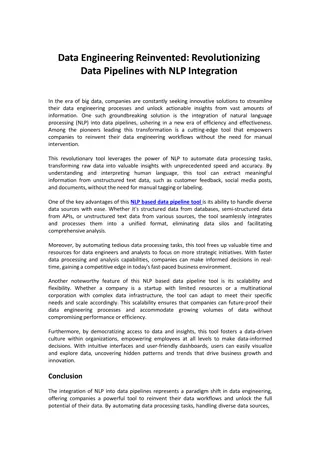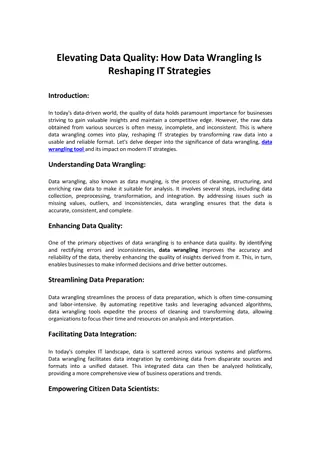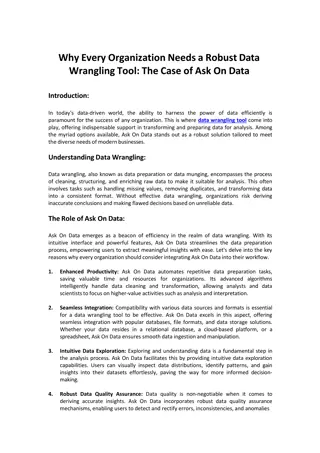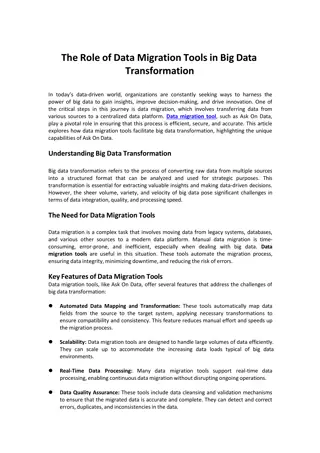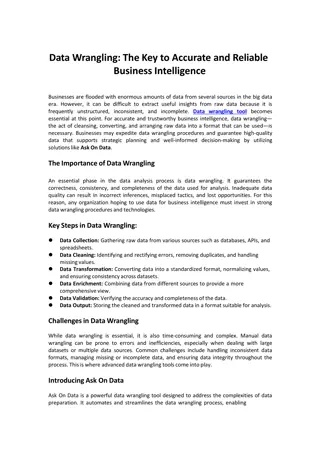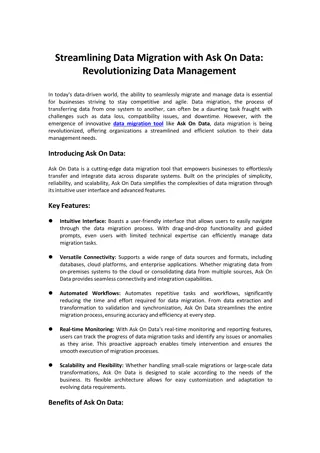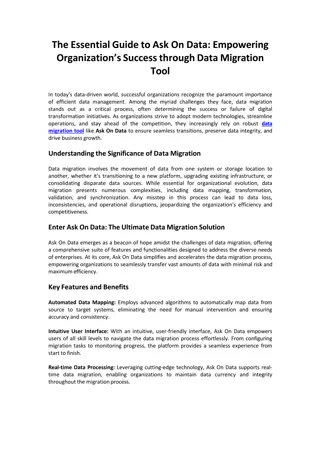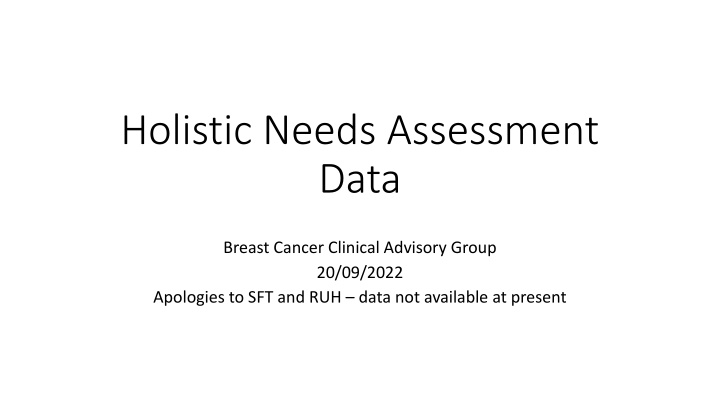
Breast Cancer Holistic Needs Assessment Data Insights
Explore detailed insights from the Breast Cancer Holistic Needs Assessment Data, including number of assessments, staff members involved, pathway stages, settings, average duration, top concerns, and other symptoms of concern. Gain valuable information to understand the holistic needs and challenges of breast cancer patients.
Download Presentation

Please find below an Image/Link to download the presentation.
The content on the website is provided AS IS for your information and personal use only. It may not be sold, licensed, or shared on other websites without obtaining consent from the author. If you encounter any issues during the download, it is possible that the publisher has removed the file from their server.
You are allowed to download the files provided on this website for personal or commercial use, subject to the condition that they are used lawfully. All files are the property of their respective owners.
The content on the website is provided AS IS for your information and personal use only. It may not be sold, licensed, or shared on other websites without obtaining consent from the author.
E N D
Presentation Transcript
Holistic Needs Assessment Data Breast Cancer Clinical Advisory Group 20/09/2022 Apologies to SFT and RUH data not available at present
Number of Assessments (August 2022) Number of Assessments (August 2022) GRH: 54 NBT: 29 YDH: 5 UHBW:3 GLOUCESTERSHIRE HOSPITALS NHS FOUNDATION TRUST NORTH BRISTOL NHS TRUST UNIVERSITY HOSPITALS BRISTOL AND WESTON NHS FOUNDATION TRUST YEOVIL DISTRICT HOSPITAL NHS FOUNDATION TRUST
Staff member completing HNA GRH: Healthcare nurse other: 4 Blank: 50 NBT: Support worker: 2 Blank: 27 UHBW: Support worker: 3 YDH: Clinical Nurse Specialist: 1 Blank: 4
Pathway Stage Pathway Stage 35 30 25 20 15 10 5 0 GLOUCESTERSHIRE HOSPITALS NHS FOUNDATION TRUST NORTH BRISTOL NHS TRUST UNIVERSITY HOSPITALS BRISTOL AND WESTON NHS FOUNDATION TRUST YEOVIL DISTRICT HOSPITAL NHS FOUNDATION TRUST Diagnosis of recurrence During treatment End of treatment Follow up Initial diagnosis Prehabilitation Start of treatment Transition to palliative care (blank)
Settings Grand Total Setting Clinic Home Paper Telephone Ward GRH 53 1 54 NBT 8 21 29 UHBW 2 1 3 YDH 1 3 1 5
Average duration Approximately 6 minutes
Top Twelve Concerns Worry, fear or anxiety Thinking about the future Sadness or depression Sleep problems Questions about my diagnosis, treatment or effects Health and wellbeing Hot flushes or sweating Children Money or finances Exercise and activity Uncertainty Complementary therapies.
Other symptoms of concern Anger or frustration Breathing difficulties Changes in weight Cough Diarrhoea Diet and nutrition Difficulty making plans Dry, itchy or sore skin Eating, appetite or taste Guilt High Temperature and Fever Hopelessness Independence Laundry or Housework Loss of interest in activities Making a will or legal advice Managing my symptoms Meaning or purpose of life Memory or concentration Moving around (walking) My appearance My medication Nausea or vomiting Other medical conditions Other relatives or friends Pain or discomfort Partner Passing Urine Patient or carer's support groups Person who I look after Planning for my future priorities Preparing meals or drinks Regret about the past Sex, intimacy or fertility Sight or hearing Sore or dry mouth, or ulcers Smoking cessation Sun protection Taking care of others Tingling in hands and feet Tired, exhausted or fatigued Transport or parking Unable to express feelings Work or education
Actions Changes in weight (https://www.macmillan.org.uk/_images/changes-in-weight_tcm9-355060.pdf) Complementary therapies (https://www.macmillan.org.uk/_images/complementary-therapies_tcm9-356328.pdf) Discussed as part of another concern Eating, appetite and taste (https://www.macmillan.org.uk/_images/eating-appetite-taste_tcm9-323614.pdf) Exercise and activity (https://www.macmillan.org.uk/_images/exercise-and-activity_tcm9-356294.pdf) Giving up smoking (https://www.macmillan.org.uk/_images/giving-up-smoking_tcm9-351919.pdf) Hot flushes or sweating (https://www.macmillan.org.uk/_images/hot-flushes-or-sweating_tcm9-317027.pdf) Information given Information on dietary intake or management Loss of interest in activities (https://www.macmillan.org.uk/_images/loss-of-interest-in-activities_tcm9-355814.pdf) Maintaining a healthy lifestyle (https://www.macmillan.org.uk/_images/maintaining-a-healthy-lifestyle_tcm9-358681.pdf) My appearance (https://www.macmillan.org.uk/_images/my-appearance_tcm9-356291.pdf) Patient or carer's support group (https://www.macmillan.org.uk/_images/patient-or-carers-support-group_tcm9-356290.pdf) Sadness or depression (https://www.macmillan.org.uk/_images/sadness-or-depression_tcm9-356331.pdf) Sleep problems (https://www.macmillan.org.uk/_images/sleep-problems_tcm9-317029.PDF) Thinking about the future (https://www.macmillan.org.uk/_images/thinking-about-future_tcm9-355807.pdf) Tired, exhausted or fatigued (https://www.macmillan.org.uk/_images/tired-exhausted-fatigued_tcm9-317030.pdf) Worry, fear or anxiety (https://www.macmillan.org.uk/_images/worry-fear-or-anxiety_tcm9-317031.pdf)
Breast CAG Recommendations For discussion Is the data helpful to look at? Given the top three concerns, does the group recommend increased access to Psychological Level 2 training opportunities?




